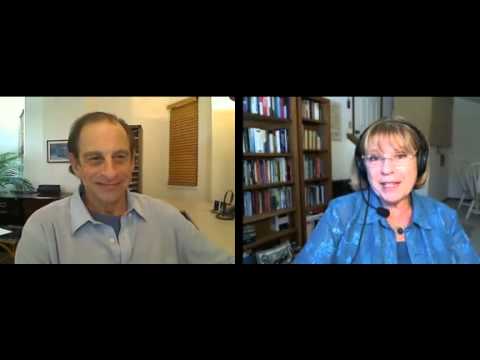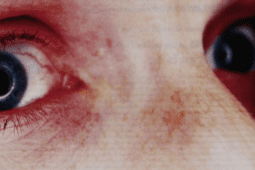Contributed by Margaret Wehrenberg
Saying Goodbye to Work You Love
How Do Therapists Know When It's Time to Retire?The uniqueness of a psychotherapist’s job can make it hard to let go of. Read more
Taking the Podium
The Growing Influence of Women in PsychotherapyDespite an increasing diversity in race and ethnicity, the psychotherapy field is primarily filled with women—a reversal that's taken place over the last 50... Read more
Two Years In, This Therapist is Angry
Addressing the Anxiety UnderneathWhen the pandemic first struck, I was concerned about its impact yet able to handle the anxiety about infection pretty well. After all, managing anxiety is my... Read more
To Interrupt Anxiety, Try Singing
An Interview with Margaret WehrenbergOver the last year and a half, therapists have been pushed to the limit listening to clients worry, ruminate, grieve, and suffer in magnified ways. And we’ve... Read more
Grief Anniversaries
Acknowledging Loss a Year LaterIt’s critical for clinicians to recognize anniversary reactions. When clients describe their experiences as depression, we naturally think of solutions like... Read more
The Year of Canceled Plans
Coping with Loss as DisappointmentAs all of us in the United States move into the coming months, a full year into COVID life, our personal losses will come into focus. If we don’t process... Read more
The Labels We Use
When It Comes to Addiction, Sometimes a Diagnosis is a Client's Best MotivatorThe labels we use to describe clients’ behaviors have important therapeutic implications. Sometimes using the word addiction and explaining its neurological... Read more
Ten Best-Ever Anxiety-Management Techniques
There are Effective Alternatives to MedicationThe sensations of doom or dread or panic felt by anxiety sufferers are truly overwhelming. The very same sensations, in fact, that a person would feel if the... Read more
Cure or Control?
Depression as a Chronic ConditionEvidence continues to accumulate that many people with depression suffer bouts of it all their lives, even after a good response to therapy. So what if we give... Read more
VIDEO: The Neurobiology of Worry
How the Brain Creates Neurobiology RutsIn this brief video clip, Margaret Wehrenberg, cognitive behaviorist and author of The 10 Best-Ever Anxiety Management Techniques, offers some facts about the... Read more
VIDEO: The Neurobiology of Anxiety
How to Incorporate Brain Science into Your Treatment ApproachAccording to Margaret Wehrenberg, when it comes to clients with panic disorders, the first thing to discern is what they’re doing to avoid panic. “The... Read more
What Type of Depression is It?
Margaret Wehrenberg on Working with Low-Energy Depressed ClientsMargaret Wehrenberg identified specific types of anxious/depressed clients and has honed different treatment techniques that are effective. Read more
Habits vs. Addictions
What’s the Difference?Some people can drink to excess for years without experiencing the negative consequences that can destroy their lives. So when does someone cross the tenuous... Read more
Deconstructing Depression
A Therapeutic Road Map for Effective TreatmentDepression is an ill-defined diagnosis encompassing conditions with a variety of underlying causes. Recognizing different forms of depression is the key to... Read more
10 Best-Ever Anxiety-Management Techniques
There are Effective Alternatives to Medication“I don’t think I want to live if I have to go on feeling like this.” I hear this remark all too often from anxiety sufferers. They say it... Read more
Technotrap
When Work Becomes Your Second HomeRelentless stress in the high-tech workplace of the 21st century is taking an unprecedented toll on our emotional lives and our capacity to wind down at the... Read more
Riding the Waves
Neurofeedback: A Breakthrough with Learning Disabilities?Neurofeedback is one of a group of new technologies that promises not only to treat the symptoms of mood, attention, and learning disorders, but to address the... Read more
Turning "I Can't" into "I Will"
How to Motivate Depressed ClientsGetting a depressed client mobilized to take the initial steps toward change can be the key to treatment. Read more
Margaret Wehrenberg
Margaret Wehrenberg, PsyD, is a clinical psychologist, author, and international trainer. Margaret blogs on depression and anxiety for Psychology Today. She has written nine books on the topic of managing anxiety depression, and her most recent book is Pandemic Anxiety: Fear. Stress, and Loss in Traumatic Times.















